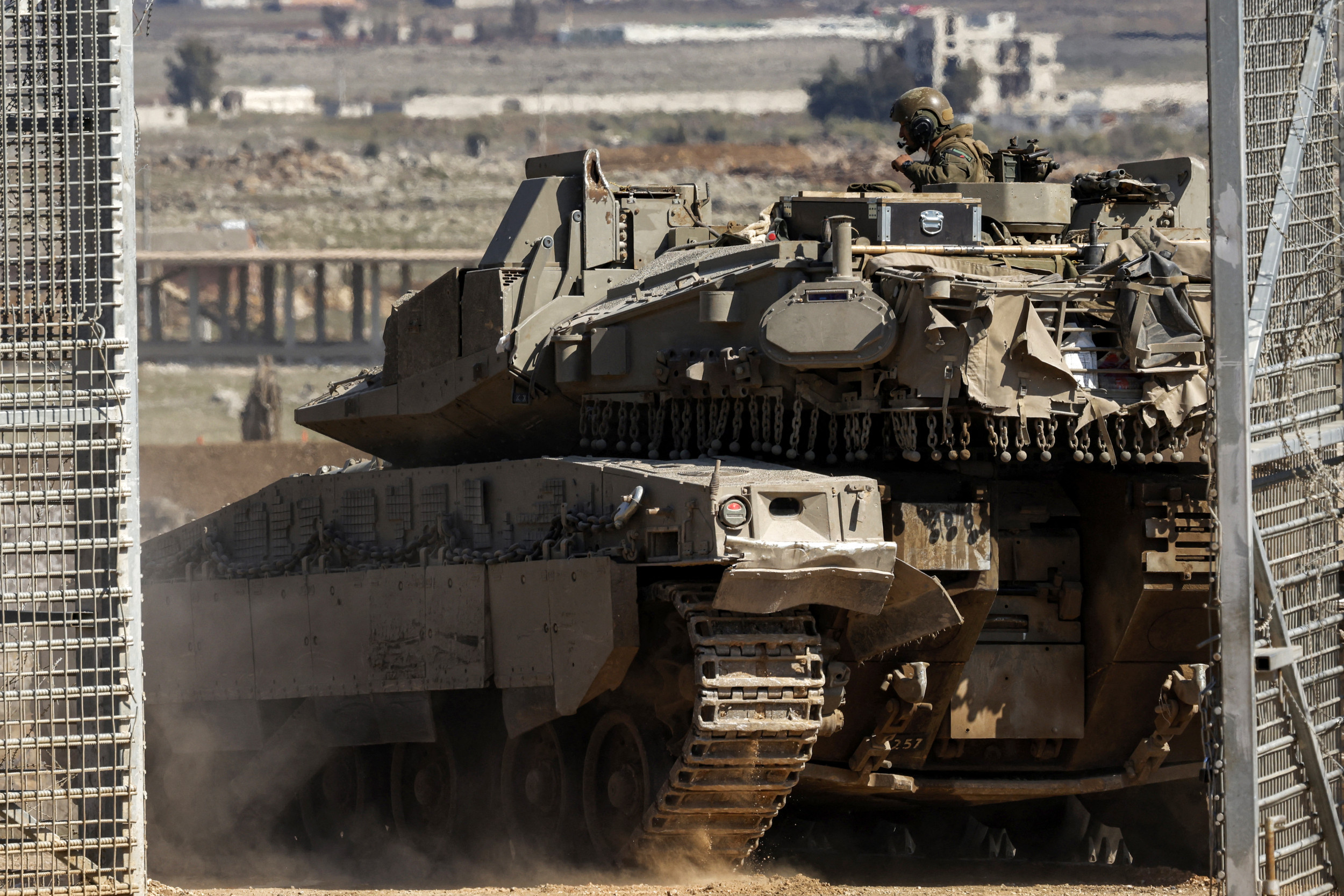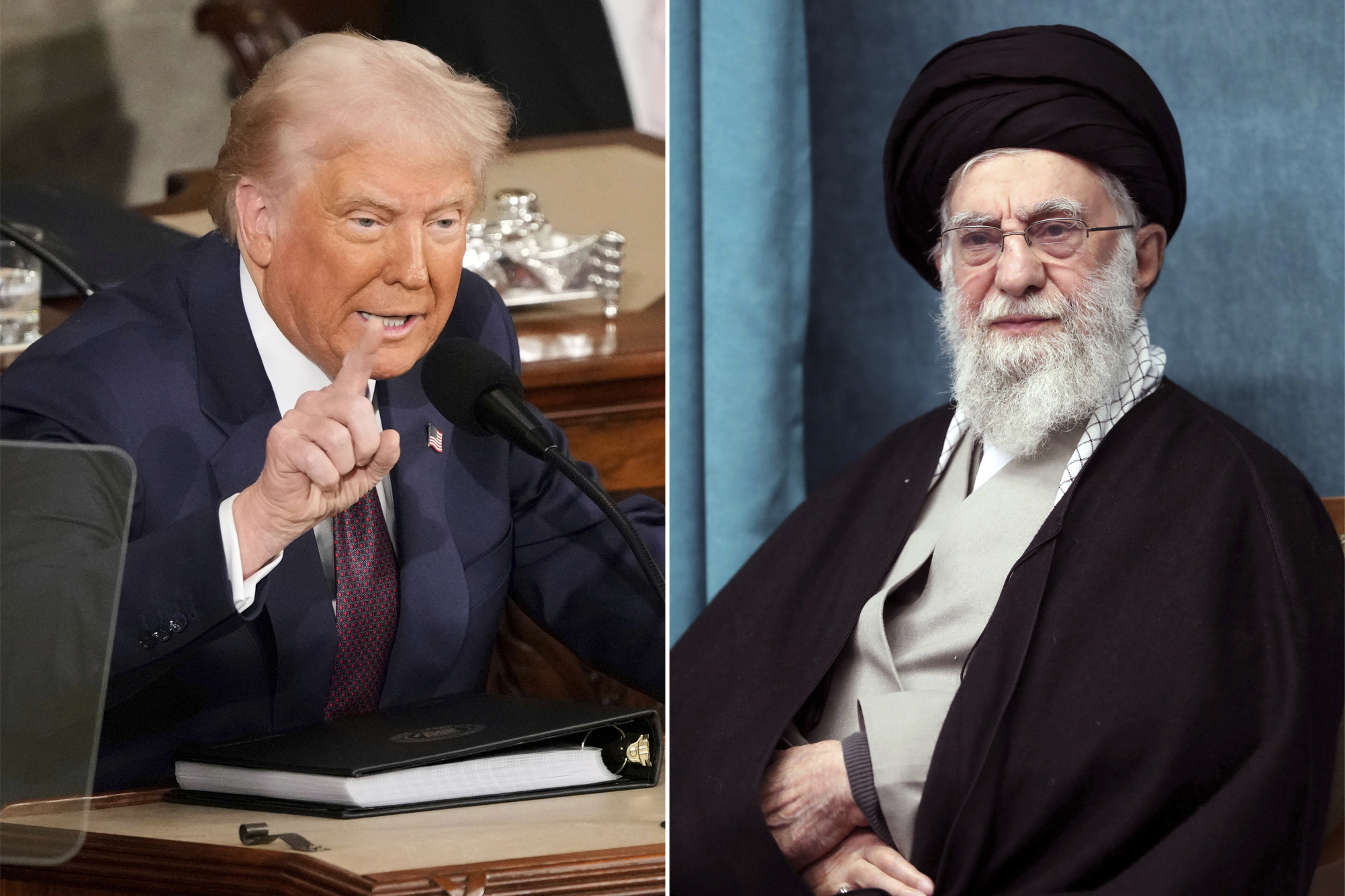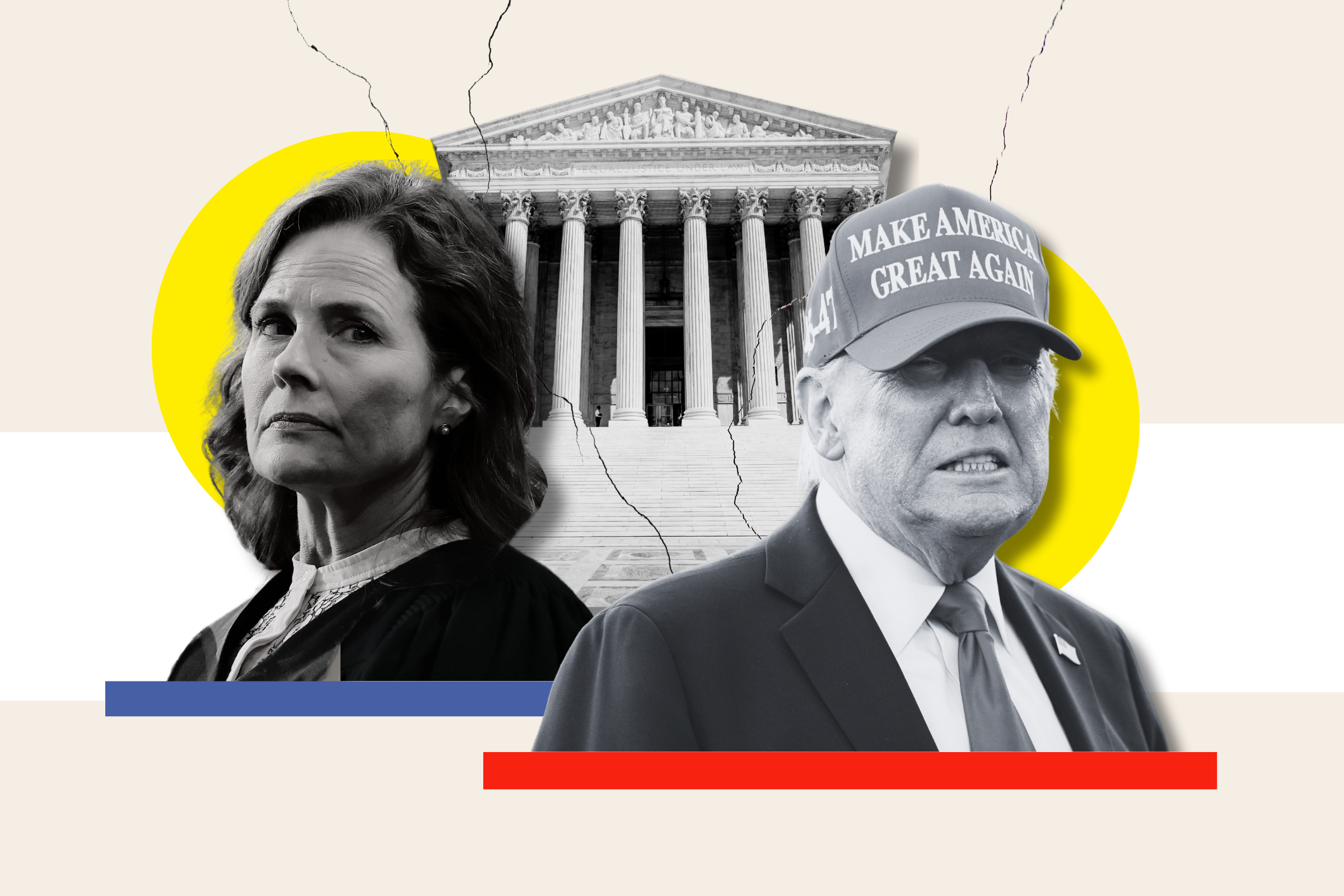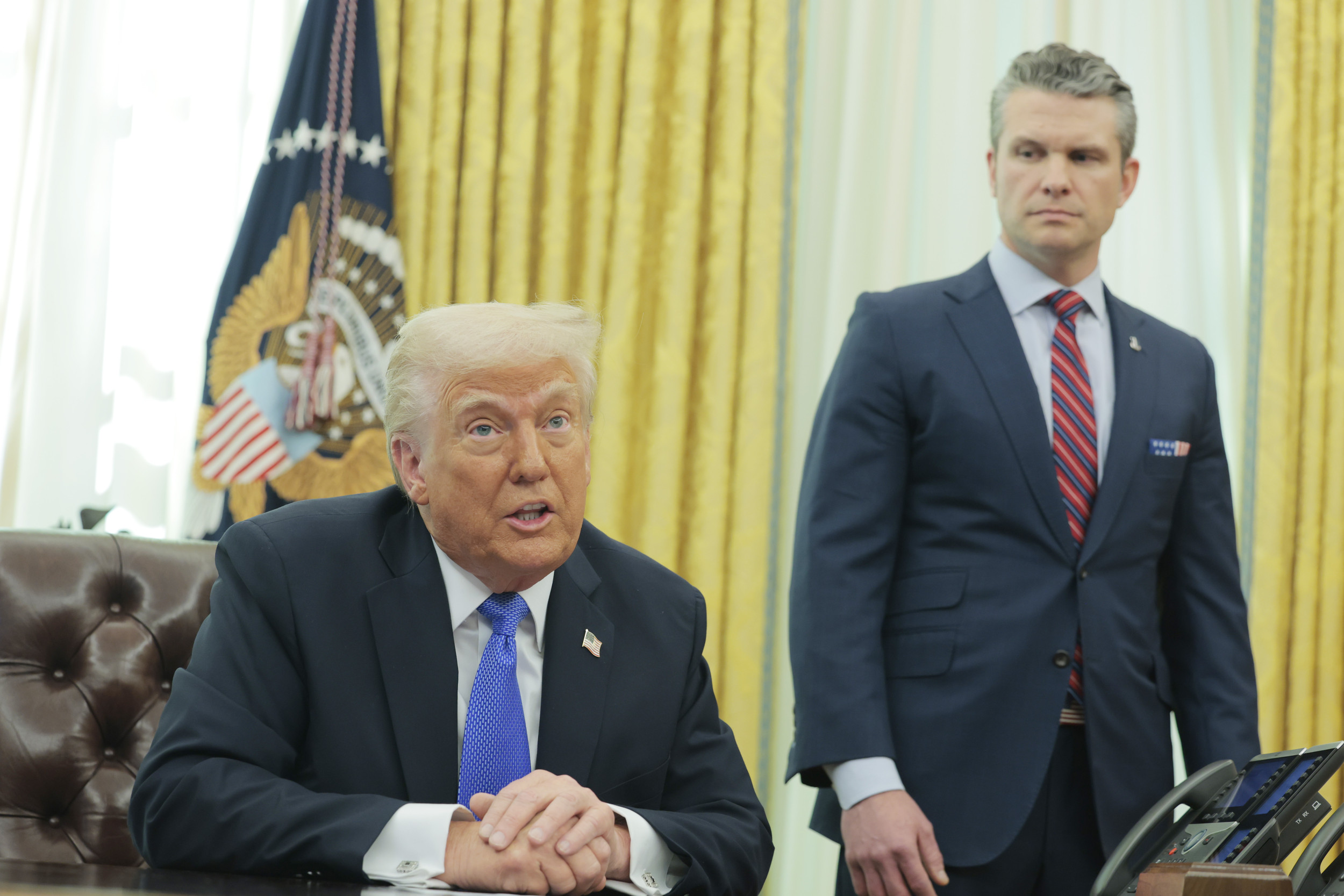On Wednesday, Dr. Anthony Fauci, director of the National Institute of Allergy and Infectious Diseases (NIAID), clarified information about the state of COVID-19 in the United States, including when a vaccine could be made available.
"In order to get a vaccine that's practically deployable for people to use, it's going to be at least a year to a year and a half at best," Fauci told CNN New Day host John Berman.
The number of cases of the new coronavirus continue to rise, and as of Wednesday, more than 81,000 people have become infected worldwide, according to a tracker maintained by Johns Hopkins University. As the number increases, so has the level of concern among the general public, making the natural next questions about preventive measures.
During a press conference in India on Tuesday, President Donald Trump told reporters that America was "very close" to a vaccine. Some questioned the validity of his claim, even accusing him of lying, while others used the news that Moderna, a biotech company, shipped a vaccine to researchers as proof that the president was correct.
Fauci told Berman that there's confusion over the vaccine's timeline because of the steps that are necessary to make it available to the public. He said officials are "close" to starting the first phase of a trial to determine the safety and expected that to occur in one and a half to two months. However, he asserted that it could be more than a year before a vaccine is administered to humans on a wide scale.
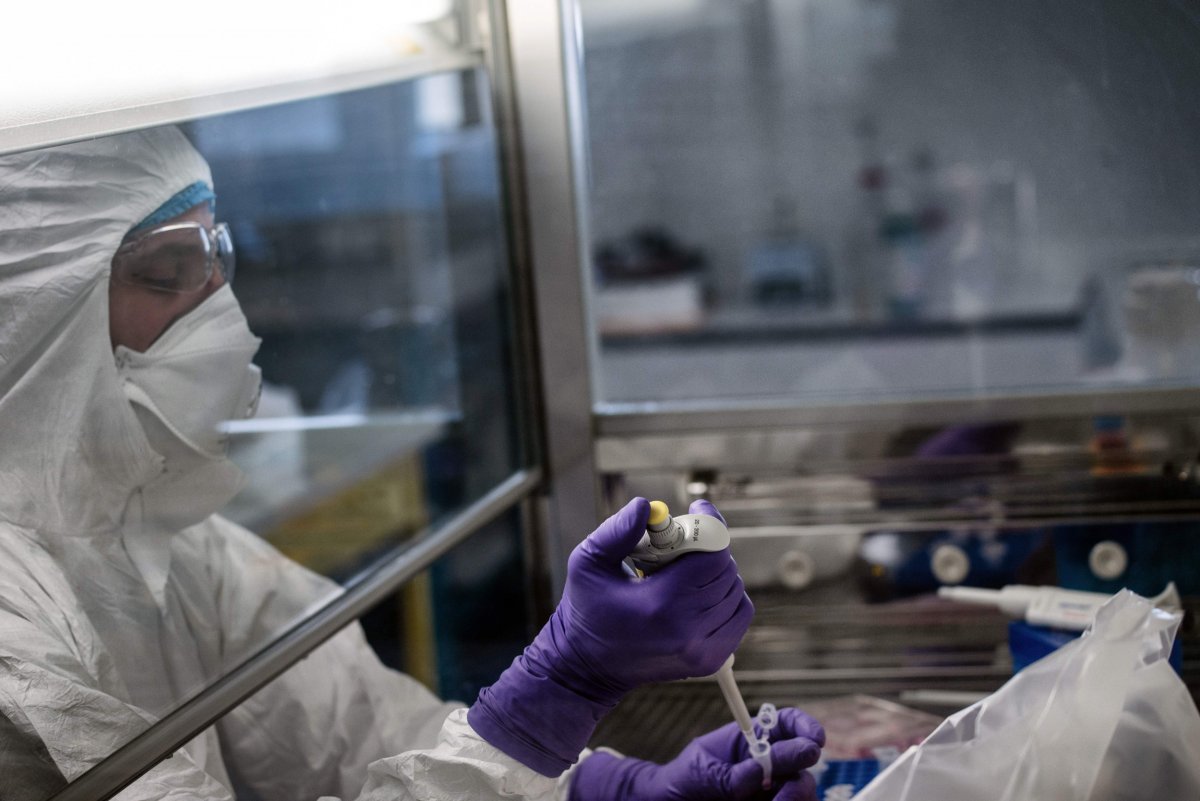
American officials began working on a vaccine shortly after the virus' genome sequence was made available. Fauci confirmed during a press conference on Tuesday that the process was "on time at least or maybe even a little better," than was hoped for, putting them on track to set a record for the fastest officials have identified a pathogen and put it into a human during a phase 1 trial.
On Monday, Moderna announced that it had shipped its first batch of a potential COVID-19 vaccine to the NIAID to be used in the phase 1 study.
After the trial starts, it will require three to four months to determine if the vaccine is safe and whether it yields the predicted protective response, according to Fauci. Then, a larger trial will have to be conducted, involving hundreds of people—as compared to the phase 1 pool of 45 people.
"That, itself, even at rocket speed, would take at least an additional six to eight months," Fauci said.
Fauci told people not to get discouraged by the lengthy timeline for the development of a vaccine because it's possible the new coronavirus will go "well beyond this season into next season." So, even if the vaccine doesn't solve the problems of the upcoming months, it could be beneficial in the future.
About the writer
Jenni Fink is a senior editor at Newsweek, based in New York. She leads the National News team, reporting on ... Read more
